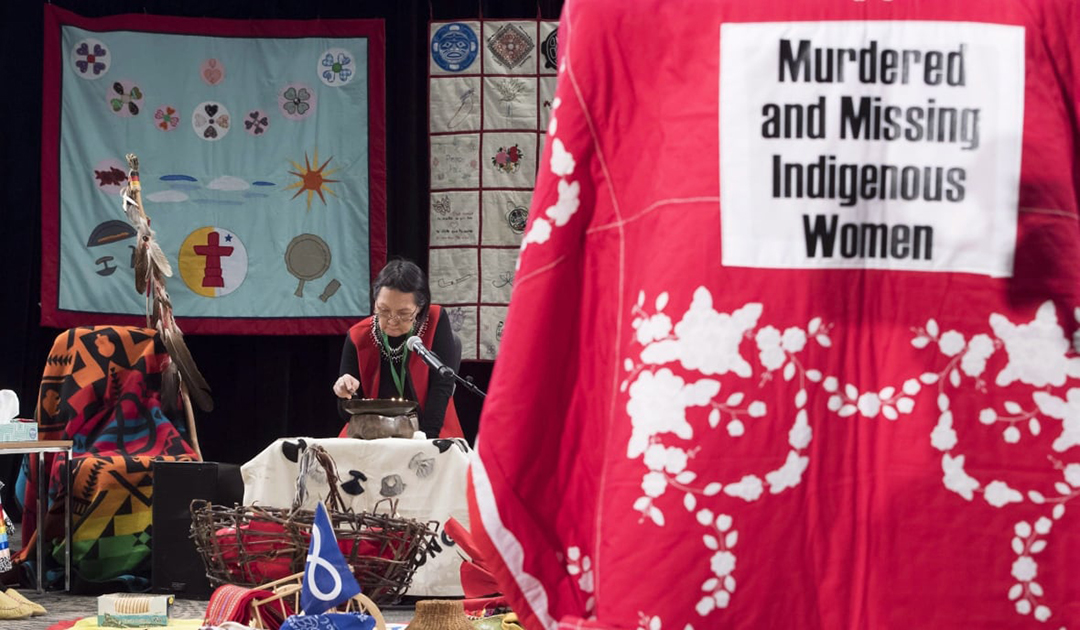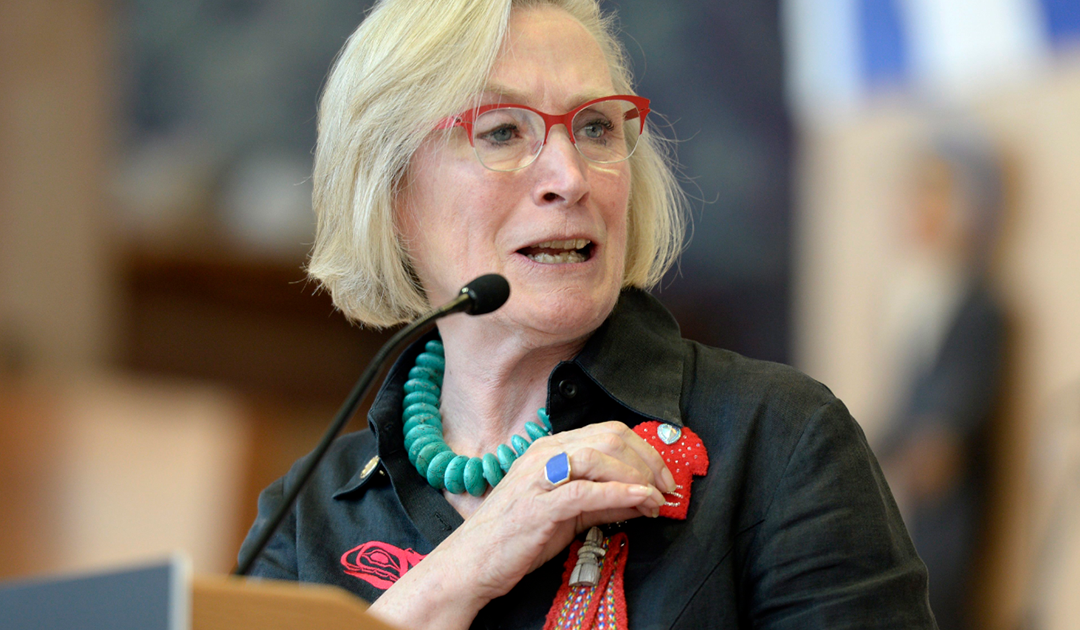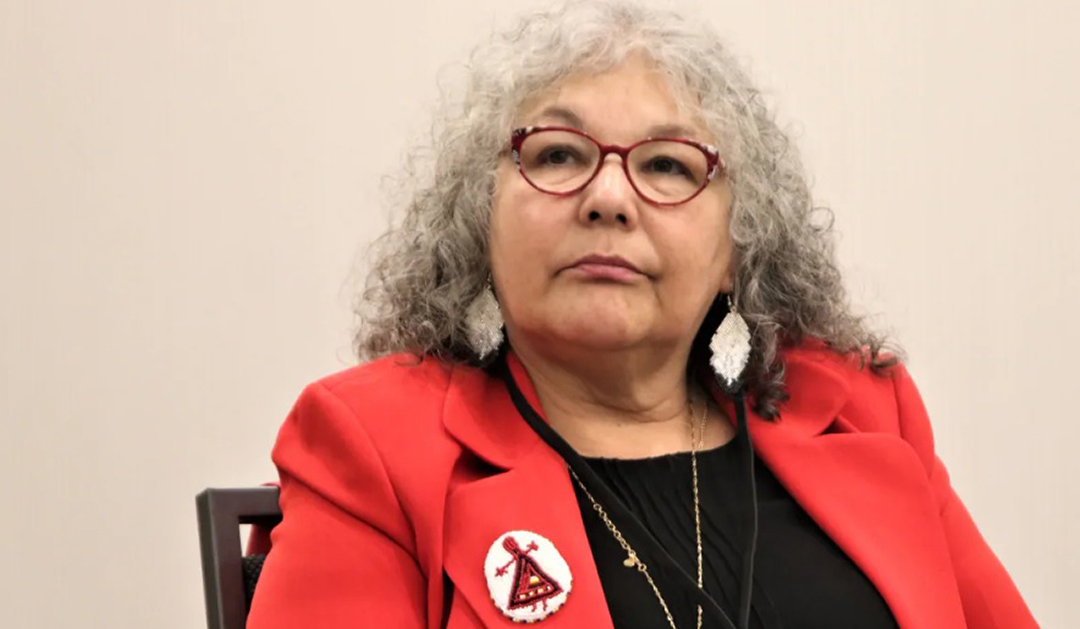
Canadian Inuit women and girls are above average victims of violence, which is why many indigenous residents and groups have called for an investigation. An action plan should then be drawn up to better protect the female Inuit population. But it’s a long time coming. The organization representing Inuit women in Canada is disappointed by the government’s announcement this week that it has delayed the action plan to emerge from the
“One year after the final report of the MMIWG investigation, it is very disappointing to learn that the National MmIWG Action Plan will not be ready by June,” Rebecca Kudloo, president of the Pauktuutit Inuit Women of Canada organization, said in a press release thursday. “The families of the victims supported the investigation in good faith and in great pain. They need to know that their testimony has been heard and appreciated and that it has led to positive changes.”

This week, Canadian Minister for Relations between the state and indigenous people, Carolyn Bennett, said more work needed to be done on the strategy and that, although virtual meetings and consultations were underway, COVID-19 had delayed the government’s timetable and that no fixed date could be given for the action plan to be published.
But Kudloo says the pandemic puts women at even greater risk of violence and that the action plan is urgently needed. “The COVID-19 pandemic has placed the Inuit women and girls in Inuit Nunangat (the name of the Inuit’s home country in Canada) and in urban centres at an even greater risk of violence and exploitation. It is crucial that the National Action Plan is implemented later this year.”

Inuit-specific recommendations
Canada’s National Inquiry into Missing and Murdered Indigenous Women and Girls (MMWIG) was announced by Prime Minister Justin Trudeau in 2015 after numerous indigenous leaders, groups and organizations called for an investigation into canada’s high rates of violence against indigenous women.
Indigenous women make up 4 percent of Canada’s female population, but 16 percent of all women murdered in Canada between 1980 and 2012 were indigenous women, according to the government.
The mandate of the inquiry was to investigate and report on the systemic causes of violence against indigenous women and girls, as well as how the investigation is conducted by the authorities. The study also included violence against the community of two-spirits, lesbians, gays, bisexuals, transgender, gays, undecideds, intersex and asexuals (abbreviated 2SLGBTQQIA). The investigation was a huge undertaking covering all regions of the country.
They held 15 public community hearings and visited each of Canada’s northern territories: Yukon in the northwest, the Northwest Territories, and Canada’s eastern Arctic territory of Nunavut. MmWIG officers heard 1,484 testimonies from families and survivors during this investigation period. Separate hearings were also held to hear testimony from people working in institutions, as well as elders, academics, specialists and staff with direct contact with affected persons.

When the report was published on June 3, 2019, there were 46 Inuit-specific recommendations called “Calls for Justice,” covering everything from the need for better psychosocial services in the Arctic to the need for urgent action on the housing crisis. The Action Plan for the Implementation of the Recommendations should be published on 3 June 2020, the one-year anniversary of the report.
The Native Women’s Association of Canada (NWAC) calls the delay appalling
“The Native Women’s Association of Canada (NWAC) is appalled that the federal government does not have a timetable for publishing a national action plan to combat ongoing violence against indigenous women,” a press release said Wednesday.

“After a year in which there have been virtually no consultations with those affected, the Minister announced through the media that no action plan would be presented in June and there was no timetable for drawing up such a document.”
The pandemic cannot be used as an excuse, said Lorraine Whitman, president of the NWAC. “Instead of a national action plan, Indigenous women were given a plan of inaction,” Whitman said. “Indigenous women are dying and still disappearing in Canada, families are still left in the dark about the loss of their loved ones. The time to act is now, not months or even years. We hope that Canada’s indigenous women and girls have not been abandoned.”
Source: Eilis Quinn/Eye on the Arctic





